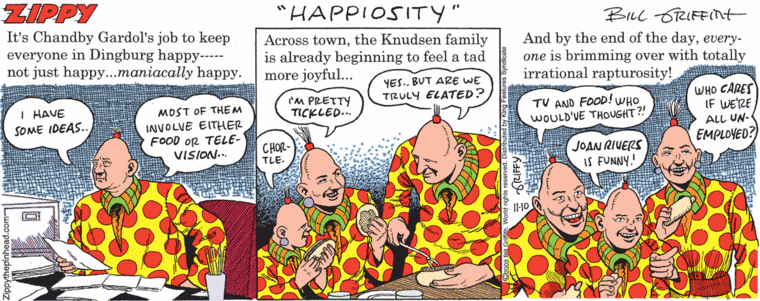A treat for fans of eggcorns and crosswords
If you have even a passing interest in crosswords, you may know the legendary name of Merl Reagle, whose syndicated Sunday puzzle appears in many major newspapers (the Washington Post, the Los Angeles Times, the Philadelphia Inquirer, etc.). In the 2006 documentary Wordplay, he gave a stunning demonstration of his pencil-and-paper method of constructing crosswords, and in 2008 he showed up in an episode of The Simpsons with New York Times puzzle editor Will Shortz.
Reagle, it turns out, is an eggcorn enthusiast, and for this Sunday's puzzle he managed to squeeze ten twelve eggcorns into the grid. Though most are included in the Eggcorn Database, a couple of them have only appeared in the forum. All are clued with Reagle's signature wit.
You can solve the puzzle online here in its Java version, or print out the PDF here.
Read the rest of this entry »
